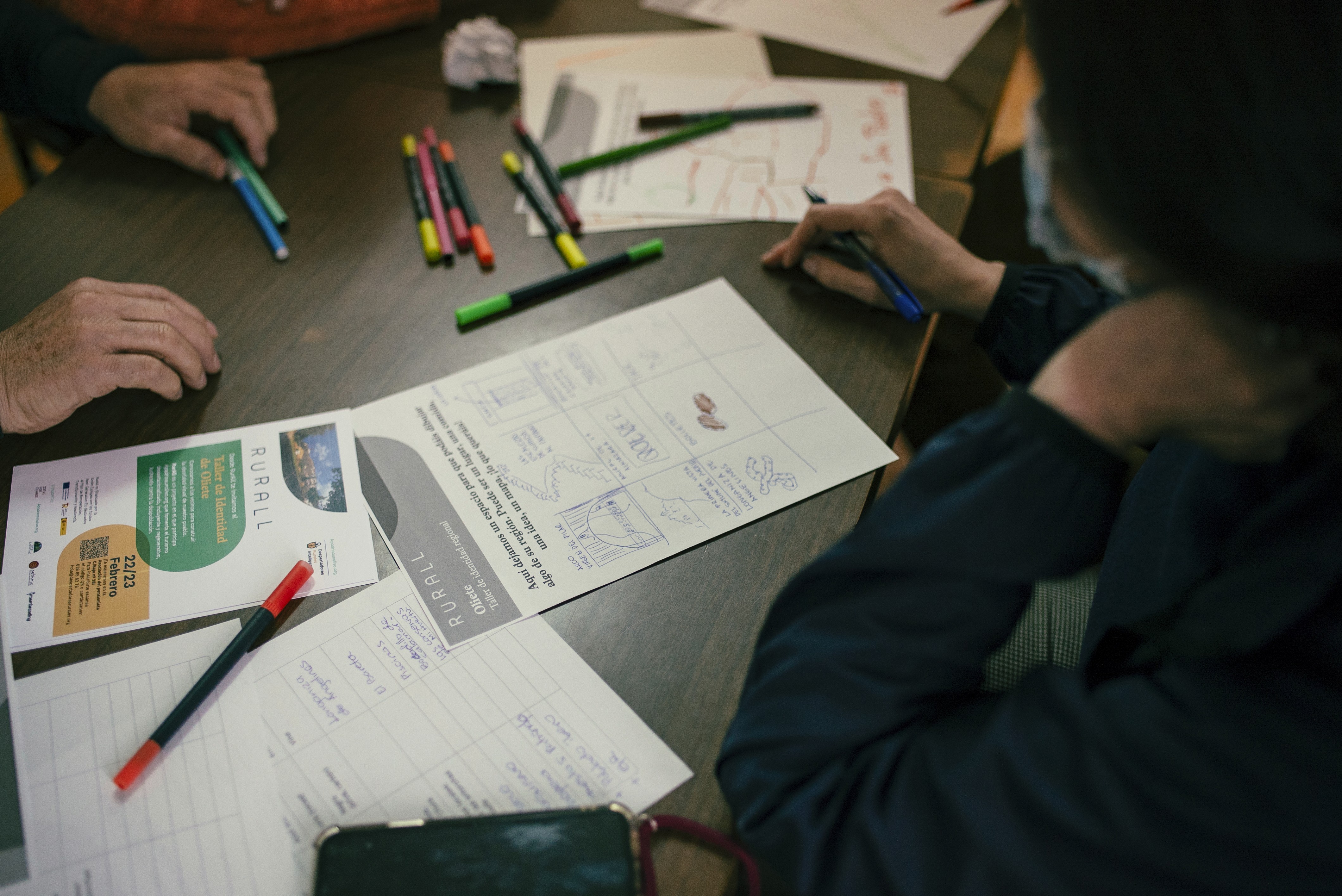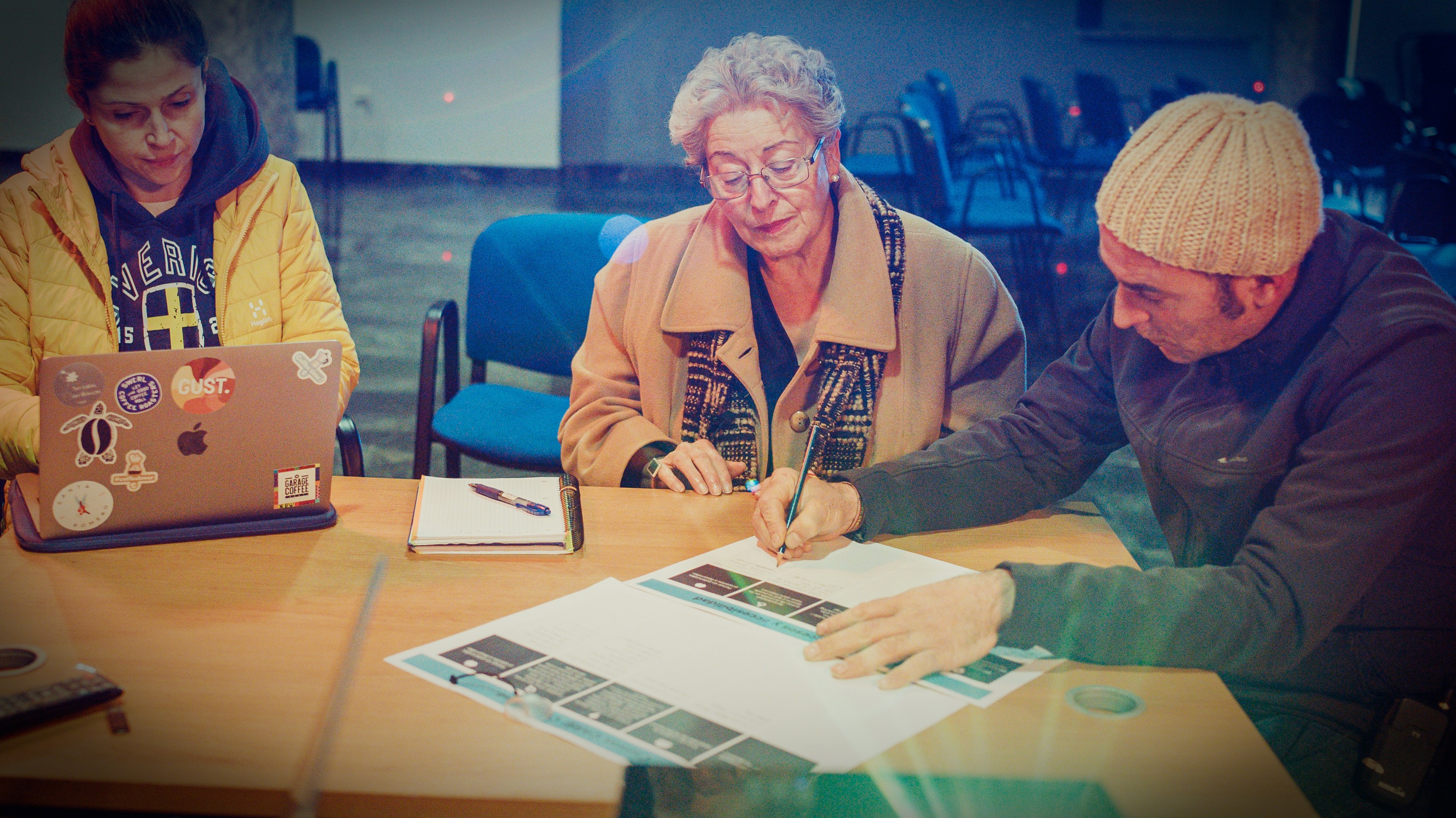Area
Regenerative tourism
Client
Funded by the European Union
Year
2022-2024
Impact
Co-creation and inclusion to empower the emptied Spain
Project Coordination
Final report and research
Event organization and production
Audio-visual Production
Implementation of the Pentagrowth CARE methodology for the development of destinations and tourist empathy map
Citizen participation and co-creative processes with the public, private sector and residents
Interviews with agents and residents, mobilization strategy “snowball”
Team
A consultant with over 12 years of experience, he has collaborated with organizations such as Adigital and Airbnb. He is the author of the book From Hospitium to Tourism 4.0 and multiple academic publications. A guest lecturer in several innovation master's programs, he holds a degree in Tourism, a Master’s in Business Management, a Master’s in Tourism Planning, and is a PhD candidate in Tourism.
franciscorodriguez@ideasforchange.com

Francisco Rodríguez
Head of tourism area
With an extensive background in audiovisual production and education, Martín produces and directs all audiovisual content at Ideas for Change. He is currently involved in European projects focused on citizen impact, as well as initiatives promoting regenerative tourism.
martin@ideasforchange.com

Martín Balestrini
Audiovisual Production Manager



Funded by the EU – Next Generation EU and the Ministry of Industry, Trade and Tourism




Projects






